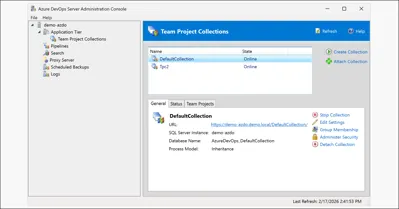I wrote a two part article for Visual Studio Magazine on Web Testing & Load Testing in Visual Studio 2010. Here’s the second part. This second part focuses on how to do Load Tests with a Load Testing Rig with an emphasis on how to actually install and configure your rig.
(Here’s the link to the first part of the article.)
You can run load tests from a developer machine, but you usually can't generate enough traffic to really see how the application responds. In order to simulate a lot of users, you'll set up what is known as a Load Test Rig. A test rig is made up of a Test Controller machine and one or more Test Agent machines as shown in Figure 1. The controller manages and coordinates the agent machines and the agents generate load against the application. The test controller is also responsible for collecting performance monitor data from the servers under test and optionally from the test rig machines.
In case you were wondering what I mean by “Load Testing Rig”, here’s a quick diagram.
-Ben
-- Looking for help with Web Testing and Load Testing of your Silverlight, ASP.NET and WCF applications? Want help configuring your test rig? Think you might have performance problems in your app but you’re not sure how to pin them down? Drop us a line: info@benday.com







